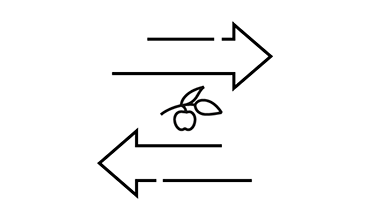Research at the department
News

News and ongoing
The department is part of and supports several things. See some of them here.

Vacant positions
- Ph.D. position available: Stability of Pharmaceutical Suspensions - Deadline 26.12.2025
- Ph.D. position Biopharmaceutical Investigations of Long Acting Injectable Suspensions - Deadline 28.12.2025
- PhD Position in Bioorganic Chemistry at SDU in Odense - Deadline 05.01.2026
- Assistant Professor (non-tenured) in Pharmaceutics at SDU in Odense - Deadline 31.01.2026
- DIAS Fellow in Experimental Biophysics - Deadline 28.02.2026




